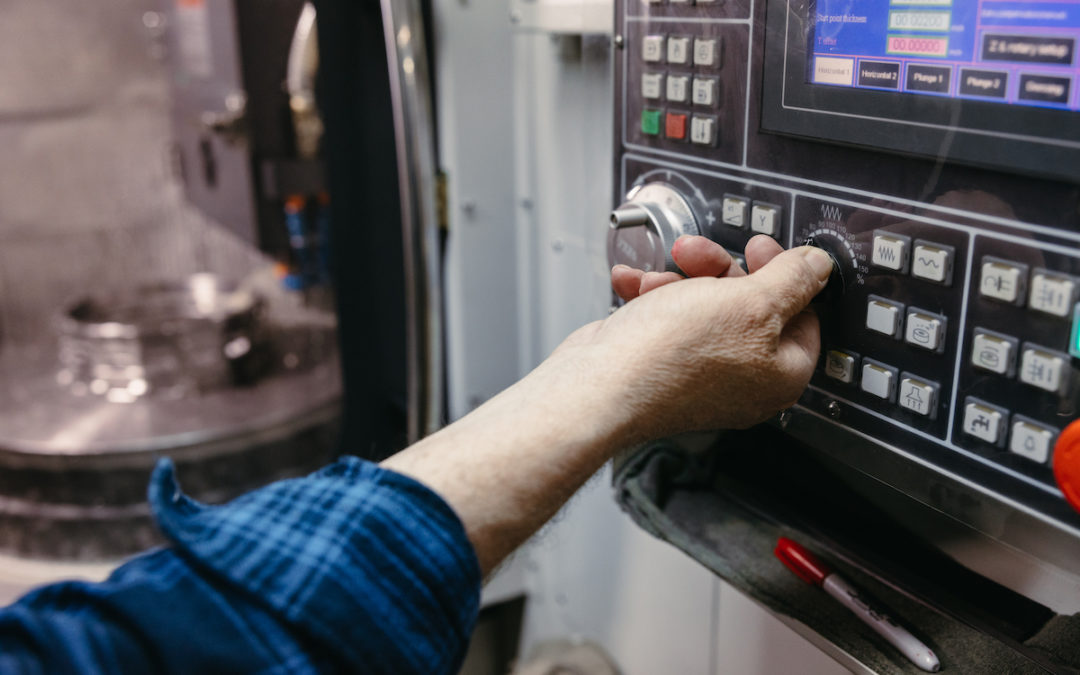Duval Precision Grinding was recently contracted to finish a Stellite sleeve for a spherical bearing assembly used in a naval application. Stellite is known for toughness— abrasion, corrosion, and wear resistance in particular. Due to the hardness of Stellite, it is typically cast as close to the final dimensions as possible and finished via grinding rather than cutting processes.
The part was manufactured to extremely tight tolerances and would require multiple grinding operations in order to achieve the necessary dimensions and surface finishes. With only one workpiece in the job, there was absolutely no room for error. The DPG team would have to overcome some major challenges, including experimenting with different wheel types to achieve the correct grind on a material known for abrasion resistance.
What Is Stellite?
Stellite is a range of cobalt-based alloys that contain chromium and tungsten, and in some cases nickel or molybdenum. The variations in Stellite alloy composition allow manufacturers to select the material for precise wear, abrasion, and corrosion-resistant properties.
Stellite is commonly used in tooling, bearings, cutting tools, and other industrial applications where high wear resistance and toughness are required. Stellite is often called for in marine and military applications because it is ideal for use in environments where sensitive equipment needs to be protected from magnetic interference or corrosion.
The customer’s print called for a Stellite sleeve to be used in a spherical bearing assembly. The part had to be ground to extremely tight tolerances, with flat and parallel end faces within .0005”. The part also had to be stress relieved prior to grinding in order to maintain stability.
Process Engineering is Vital To Successful Stellite Grinding
To bring the part to spec, Duval Precision Grinding performed rotary surface grinding to qualify the end faces and ensure they were flat & parallel within .0005”. The part was located on faces for ID and then OD grinding operations. Holding the end surfaces flat & parallel would ensure minimum distortion of the ID & OD when the part transitioned from a fixed state to a free state as it was removed from the machine.
The most prominent challenge Duval Precision Grinding faced with this project was engineering a flawless processing plan for a single workpiece composed of an alloy known for abrasion resistance. The team had to experiment with different wheel types in order to find the right grind for the stellite material. In high volume runs, the time invested in process engineering is distributed and compensated for through gained efficiency as parts are processed progressively faster with each piece in the lot. With only one part, the majority of the time applied to the job will not be the physical process of grinding but rather engineering the optimal processing operations for this piece.
Turn to Duval Precision Grinding for Exotic Alloy Expertise
Stellite’s high hardness makes it a difficult material to grind, but the DPG team was up to the challenge, and ultimately was able to deliver a successful project on time and within the customer’s tight tolerances.
Do you need precision grinding for Stellite components or other complex alloy parts? Contact Duval Precision Grinding today to see how we can help!

